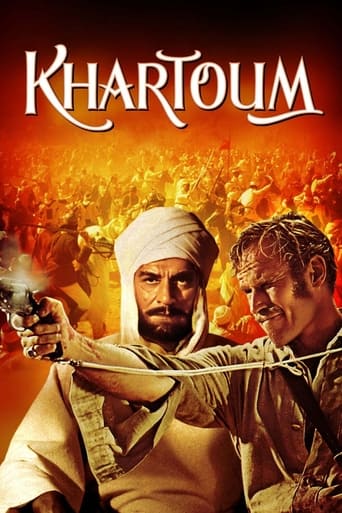


Khartoum
English General Charles George Gordon is appointed military governor of Anglo-Egyptian Sudan by the Prime Minister. Ordered to evacuate Egyptians from the Sudan, Gordon stays on to protect the people of Khartoum, who are under threat of being conquered by a Muslim army.
-
- Cast:
- Charlton Heston , Laurence Olivier , Richard Johnson , Ralph Richardson , Alexander Knox , Johnny Sekka , Michael Hordern


Similar titles
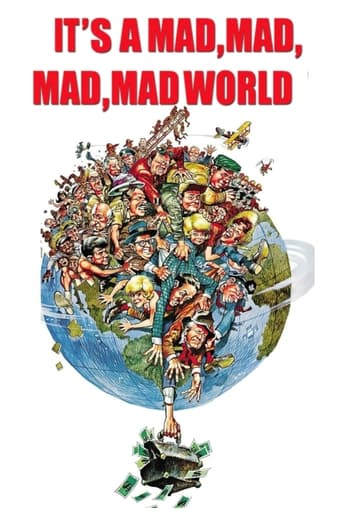
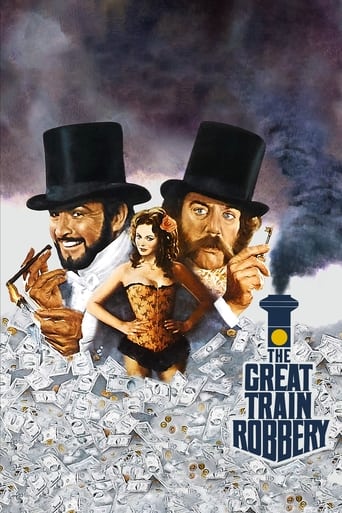
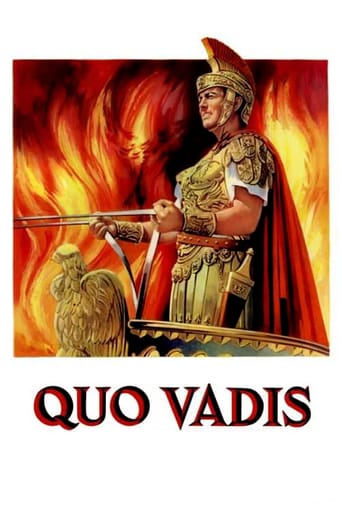
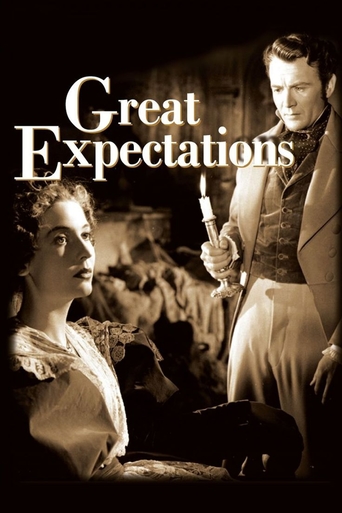
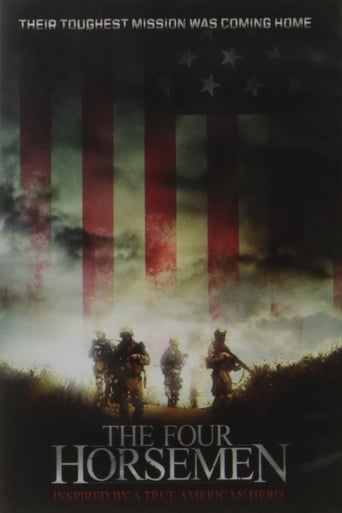
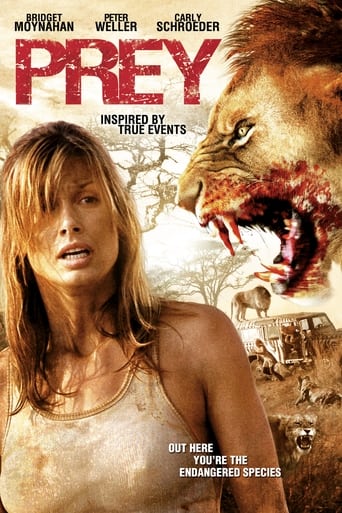
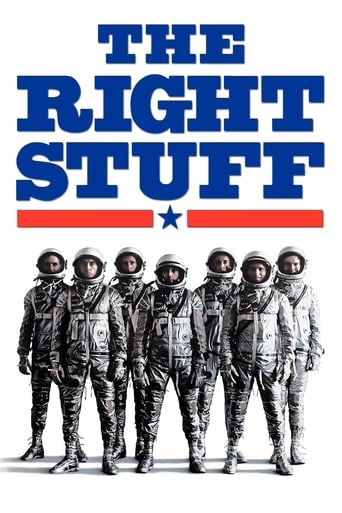
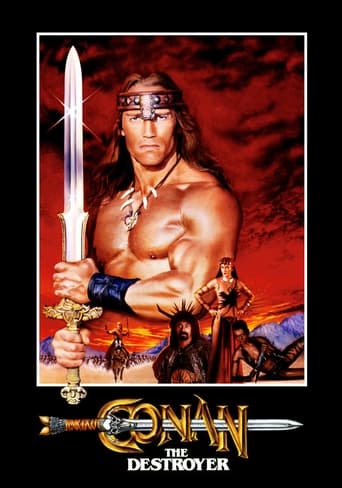
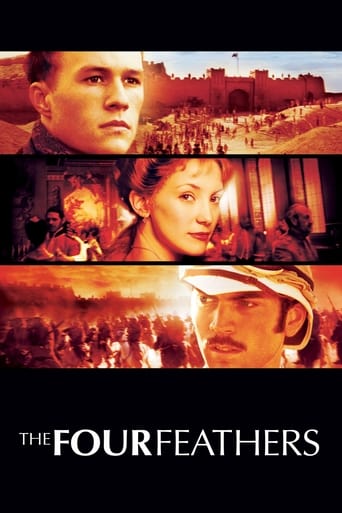
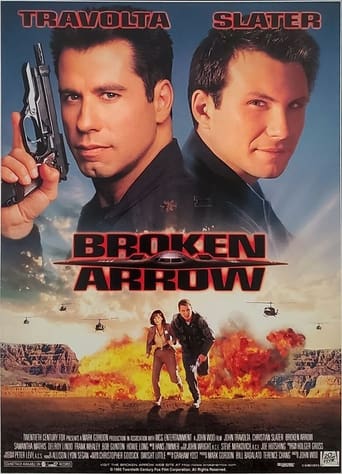
Reviews
The Age of Commercialism
Exactly the movie you think it is, but not the movie you want it to be.
Strong acting helps the film overcome an uncertain premise and create characters that hold our attention absolutely.
The joyful confection is coated in a sparkly gloss, bright enough to gleam from the darkest, most cynical corners.
This is a review of "Storm over the Nile" (1955), "Khartoum" (1966) and "The Four Feathers" (2002), three films based on British actions during the Mahdist War (1881-1899).The 19th century saw colonial powers scrambling across Africa. As the British Empire expanded from Southern Africa to the Mediterranean, the Ottomans expanded from Turkey to Northern Africa and the French from West Africa to the Red Sea. All three would converge upon Egypt, which would continually shift hands between the three Empires.Britain eventually emerged victorious, becoming defacto ruler of Egypt in 1882. Egypt would henceforth become a base for further British expansion southward into Sudan. The Sudanese would attempt to fend off these advances. They'd rally behind Muhammad Ahmad, an Islamic messianic or "Mahdist" figure. Muhammad Ahmad was denounced by Sudanese elites, but embraced as a revolutionary leader by marginalised Nilotic tribes.Experts at using divide-and-rule tactics, the British divided Sudan into loosely demarcated northern and southern zones. The north became Muslim and Arab dominated and was integrated with the economic networks along the Nile. The south, steeped in poverty, was treated as an "African zone". A cocktail of Muslim, Christian and tribal groups, the south Sudanese were indoctrinated into thinking themselves culturally/biologically distinct and inferior. Promising independence and even salvation (he claimed to be paving the way for the Second Coming of Jesus Christ), Muhammad Ahmad set out to overturn this. Like the countless Christian messianic figures who sprung up as a result of Roman occupation, and a precursor to contemporary Islamic militants, he was the inevitable product of naked Imperialism.The city of Khartoum straddled northern and southern Sudan. To the North, the British suppressed the slave trade, heavily invested in social, educational and health services, and essentially nurtured a "liberalised" form of Islam. As colonialism recruitment policies favoured educated Arabs, a new socio-economic class was created so as to offer a bulwark against Mahdism and secular nationalism. An ideological bulwark, however, is no match for guns.In 1884, after a three month siege, Khartoum fell to the Mahdists, who stormed the city and executed British governor-general Charles Gordon. The Empire reacted swiftly. British forces under Herbert Kitchener rolled in and slaughtered tens of thousands of Sudanese. By 1898, most Mahdists were crushed. Sudan henceforth became subject to joint Anglo-Egyptian governance.Unsurprisingly, the British set out to exacerbate regional, religious and racial divisions amongst the Sudanese. In 1922, in what became known as the "Southern Policy", the Empire declared that southern Sudan would be considered a "Closed District". Islamic proselytisers were banned, Arabic languages and clothing were discouraged, and Christian missionaries were brought in to convert southerners. Meanwhile, southern Arab merchants were relocated to the north and interactions between the peoples of the north and the south were forbidden. Such segregationist policies were designed to keep the south economically backward and foster divisiveness.Today, little has changed in Sudan. Artificially carved out of a myriad of peoples, with more than 400 ethnic and linguistic groups lumped together within its borders, the country remains ravaged by the divide-and-rule tactics of modern neo-Imperialists. Milking the nation's oil fields and precious metals, the United States, and recently China, have today become expert at funding and arming militias and bloody regimes in both the north and south.Zoltan Korda would produce and co-direct "Storm Over the Nile" in 1955, a film based on "The Four Feathers", a 1902 novel by Alfred Mason. The plot? Refusing to sail with his regiment to the Sudan, Harry Faversham (Anthony Steel), the cowardly scion of a military family, overcomes his disgrace by travelling to Africa. Here he helps his regiment defeat Sudanese forces. As with many Imperialist adventures, the film glorifies queen and country, assumes the rightness of British rule, romanticises colonialism and posits loyalty and responsibility to the ruling classes as the highest ideal. Though stiff and dull in places, the film boasts several impressive action sequences, filmed in expansive Cinemascope.The 1950s/60s saw the release of numerous films which attempted to rejuvenate British nationalism and which were determined to white-wash the realities of colonialism ("Zulu", "North West Frontier", "Khartoum", "55 Days at Peking", "The Black Tent" etc). Supercharged by the civil rights and independence movements of the 1950s-60s, such perspectives were slowly contested ("Gandhi", "Guns at Batasi", "Burn!", "The Man Who Would Be King", "Passage to India" etc), eventually giving rise to the latest adaptation of "The Four Feathers", a 2002 film which was so politically correct as to be ridiculous.Directed by Shekhar Kapur, "The Four Feathers" (2002) tells virtually the same story as "Storm over the Nile". Here actor Heath Ledger plays Harry Faversham, who is no longer a "coward" but a man of conscience who has "ethical objections to colonialism". Harry travels to Sudan, where he befriends and fights alongside Africans and where he teaches us to question nationalism, exceptionalism and pride. Dull and conventionally shot, the film's attempts at "rectifying" its source material are mostly hokey. In some ways it is even more racist than Korda's film, Africans reduced to props, whole cultures reduced to ridiculous musical choices and second-hand "exotic" signifiers.Released in 1966, and directed by Basil Dearden, "Khartoum" stars Charlton Heston as Charles Gordon, a British General sent to Sudan to battle Muhammad Ahmad (Lawrence Olivier). Gordon valiantly defends a fortress in Kartoum, but is eventually overrun.By having its heroes outnumbered, like cowboys surrounded by hordes of manic Indians, "Khartoum" manoeuvres its audience into siding with colonialists. Elsewhere it uses Gordon's demise to criticise political leaders who refuse to rally behind valiant troops. Heston, who spent the decade battling hordes of on-screen "savages", is himself a caricature of British bravery, whilst Ahmad never rises above the level of black-faced bogeyman. Still, "Kartoum" has its merits. Impeccably shot, tense, filled with impressive battles and awesome landscapes, it remains the best of a certain brand of 1950s/60s, pro-Imperialist adventure.7.9/10 - Worth one viewing.
Considering recent events in Afghanistan (the Taliban) as well as in Syria and Iraq (ISIS), the events in the Sudan in the 1880s are resonate remarkably today. Once again the world finds itself confronted with Muslim fanaticism, and once again, seemingly, the world replies with little more than "gestures".This movie has been appreciated rather less than it deserves, probably due to the presence of Charlton Heston in the lead role. His English accent does leave something to be desired, especially when surrounded by such notable British actors as Richard Johnson, Nigel Green and the great Ralph Richardson. I won't even mention Sir Laurance Olivier in that regard since, in his remarkable performance as The Mahdi, he rendered himself almost unrecognizable.The one indispensable aspect Charlton Heston does bring to this film is his remarkable ability to stand out in an epic scene as few other actors can. When one produces an epic motion picture, the sort filmed on a grand scale with a cast of thousands, it is imperative that the central character should be the sort who can stand out among the multitudes. Few actors have been able to do that the way Charton Heston could. It was no accident that he was repeatedly cast as characters such as Moses, Ben Hur, El Cid, Chinese Gordon, etc.However, in spite of the epic scale and the cast of thousands, "Khartoum" is a battle of wills between three powerful individuals. The first is The Mahdi, a militant Muslim religious fanatic. The second was William Gladstone, the British Prime Minster who tried vainly to keep steer his country away from what he perceived as a disastrous foreign military entanglement in Africa. The third was General Charles "Chinese" Gordon, the unconventional soldier sent, as a gesture, by Gladstone to try to save the situation in the Sudan. It's a compelling story, and one that still resonates today more than ever. After seeing Khartoum, one can only hope that history doesn't repeat itself.
This is the epitome of the boring war action movie, with Charlton Heston starring as a resolute general who won't give up Khartoum to the evil Islamic hordes lead by Laurence Olivier in blackface. I'll cut to the meat: there's no suspense in this movie, since all the so-called "suspense" is built up around the question of whether or not Heston's character will remain in Khartoum until the bitter end. Since the character and the movie star would appear weak, we know that he will never leave. So there's absolutely no suspense, just endless battle scenes with the natives thrusting themselves upon the colonial spears almost with the poise and gusto of Busby Berkeley showgirls.Ralph Richardson is good as a heartless bureaucrat, the sort of role he eventually specialized in. Heston's British accent is impressive and his mannerisms are not too anachronistic. The early battle scene in the canyon was well staged.That's about all the good I have to say. This film was really nothing but a poor attempt to ride on the coat-tails of "Lawrence of Arabia." Heston's character has none of the compelling dimensions of O'Toole's Lawrence. The formula is the same.... they introduce him as some sort of loose cannon, but then when he shows up he's just.... Charlton Heston. Olivier should have said no. He's terrible in the film, and his character has even less going on than Heston's. The scene where he shows Heston the pickled body parts of his comrades is typical of the film's tastelessness and absurdity.
*Spoiler/plot- 1966, The British Empire and Queen Victoria is influencing the global politics. Queen Victoria's government needs a problem solved in Sudan and calls on a famous principled Christian retired general to solve the problem of a Muslim uprising in the Sudan. This mission is accomplished, just not in the way the politicians want. He succeeds where others fail at the cost of his life but not his career or fame.*Special Stars- Charlton Heston, Sir Laurence Olivier, Richard Johnson, Nigel Green, Sir Ralph Richardson, Peter Arne, Roger Delgado *Theme- The British Empire is complex and politics will not necessarily support worthy issues. A Victorian general with Christian beliefs and scruples is asked to solve a political problem that no one will touch without plausible 'deny-ability'.*Based on- Trivia and historic accounts of Victorian General Gordon exploits.*Trivia/location/goofs- ONLINE. General Gordon was only 5' 5" and not a towering hero as Mr. Heston. Also the heroic stature featured at the end of the film was moved from Sudan when that country got independence. That stature is now at the Royal Engineer's academy in the UK because General Gordon was a graduate of the Royal Engineers college. In London's St. Paul's cathedral basement cellar crypt area, there is a very regal funeral monument to Gen. Gordon that looks like his tomb, but it isn't. General Gordon was buried in the Middle East. There was a great upstaging competition between Heston and Olivier in their film scenes together. Sir Olivier was in the successful stage play about Moors, Othello. Also in an earlier version of the film, several 'unsuitable' censored removed scenes showing the many decapitated heads of the Europeans ambassadors leaving Khartoum and the killed General Gordon were cut out in the public theatrical print releases. They have never been put back in and rumors say that Mr. Heston use to keep his Gen. Gordon prop make-up death's head in his Hollywood home to scare visiting quests for laugh.*Emotion- A very enjoyable heroic and well acted film. Tells of an interesting episode of Middle East history and is very relevant today.
